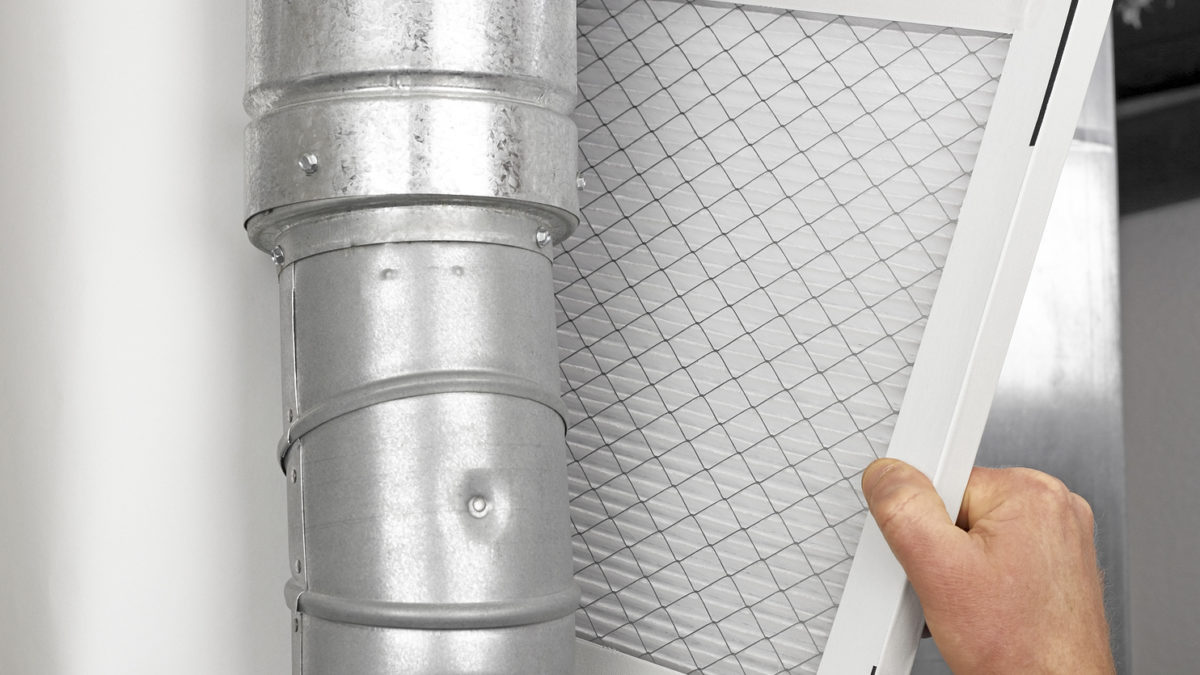Helpful Methods for Winterizing Your Pipes and Preventing Freezing in Frigid Weather
Helpful Methods for Winterizing Your Pipes and Preventing Freezing in Frigid Weather
Blog Article
We have encountered this post pertaining to How to Prevent Frozen Pipes listed below on the web and think it made good sense to discuss it with you on this page.

All house owners that live in temperate climates have to do their best to winterize their pipes. Failure to do so can spell catastrophe like frozen, broken, or burst pipes.
Activate the Faucets
When the temperature level drops as well as it seems as if the freezing temperature will last, it will certainly aid to turn on your water both indoors and outdoors. This will keep the water flowing via your plumbing systems. You'll finish up squandering gallons of water this way.
Open Cabinet Doors Hiding Plumbing
When it's cold outside, it would be valuable to open up cabinet doors that are masking your pipes. They could be someplace in your kitchen or shower room. This will certainly permit the cozy air from your heating system to distribute there. Consequently, you avoid these subjected pipelines from cold. Doing this tiny technique can maintain your pipelines warm and restrict the potentially hazardous end results of freezing temperature levels.
Require Time to Cover Exposed Pipes
One simple and also nifty hack to warm up icy pipelines is to cover them with cozy towels. You can additionally use pre-soaked towels in hot water, just don't fail to remember to use safety gloves to safeguard your hands from the warm.
Attempt a Hair Dryer or Warm Gun
When your pipes are practically freezing, your trusty hair clothes dryer or warmth gun is a godsend. If the warm towels do not help dislodge any type of resolving ice in your pipelines, bowling warm air straight into them might assist. You may end up destructive your pipes while attempting to melt the ice.
Turn off Water When Pipes are Frozen
Turn off the main water shutoff promptly if you see that your pipelines are entirely icy or virtually nearing that phase. You will typically discover this in your cellar or laundry room near the heating system or the front wall closest to the street. Transform it off as soon as possible to prevent additional damages.
Don't neglect to close external water resources, as well, such as your connection for the garden residence. Doing this will prevent additional water from filling your plumbing system. With more water, even more ice will load up, which will eventually lead to burst pipelines. If you are unclear about the state of your pipes this winter months, it is best to call an expert plumber for an assessment. Taking this proactive method can conserve you countless bucks in repairs.
All house owners that live in warm environments should do their best to winterize their pipes. Failure to do so can lead to catastrophe like icy, fractured, or burst pipelines. If the hot towels do not help remove any working out ice in your pipes, bowling warm air directly right into them may assist. Transform off the main water shutoff quickly if you discover that your pipelines are totally frozen or almost nearing that phase. With more water, more ice will certainly load up, which will eventually lead to rupture pipelines.
How to Prevent Frozen Pipes This Winter: A Simple Guide
Have you ever dealt with frozen pipes in the winter? If so, you know what a pain they can be. When water freezes, it expands. This expansion puts a huge amount of pressure on your pipes and it can cause pipes to burst, making a huge mess of your home.
If they don’t burst, they may crack. This is a less noticeable problem, but it’s still a big deal. As water leaks, your home will accumulate moisture which leads to mold and mildew.
Do you know how to prevent frozen pipes to protect your home? Let’s talk about it. Keep reading for our brief guide for avoiding frozen pipes.
Keep Cabinet Doors Open
When it gets too cold outside it’s a good idea to leave the cabinet doors in your bathroom and kitchen open.
Why is that?
You want as much heat as possible to get to the pipes. The cabinets are dark and cold and they don’t get any air circulation. This makes the pipes more likely to freeze.
When you let the warm air from the rest of the house circulate around the pipes, it keeps them safe.
Apply Heat Tape and Insulation
It’s a good idea to insulate your pipes during the winter. There are several ways to do this on your own.
You can buy pipe insulators. They’re easy to attach to your pipes and easy to remove when the water gets warmer. They look like thick foam and they keep your pipes warm enough to not burst.
You can also apply heat tape (or insulation tape). These are self-adhesive so they’re easy to place and remove as well.
Know When to Call a Plumber
So what if you’ve already done these things but you’re still unsure if it’s enough? What if your pipes have already cracked or burst?
This is when it’s time to contact a plumbing professional.
They know how to prevent frozen pipes and manage pipes that are already frozen before they pose a problem. In the event of a cracked pipe, they can fix that as well.
https://www.mcwilliamsandson.com/blogs/how-to-prevent-frozen-pipes-this-winter-a-simple-guide

As a passionate reader on How to Prevent Frozen Pipes, I thought sharing that excerpt was beneficial. Make sure you take the time to distribute this post if you enjoyed reading it. Thank-you for taking the time to read it.
Immediate action for plumbing crises. Report this page